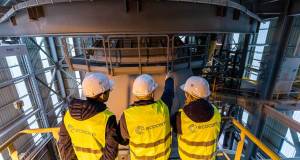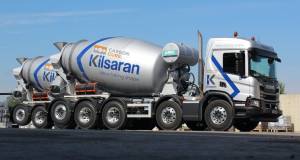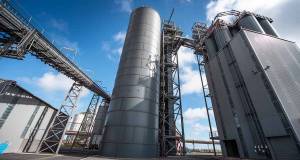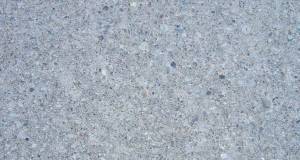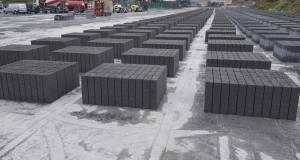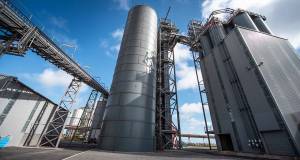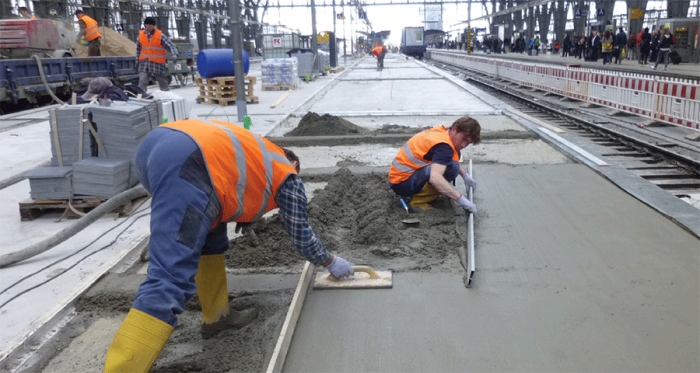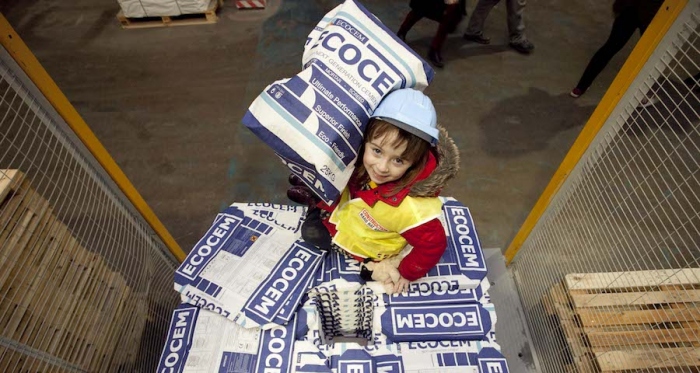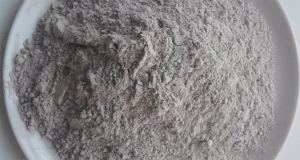cement - passivehouseplus.ie
Up to 11
In issue 38 of Passive House Plus we published an in-depth assessment comparing the build specs including five wall types to a typical Irish house. To enable the industry to fairly compare a broader range of build options, we now expand that analysis with the addition of four timber frame wall types and two insulated concrete formwork systems
Ecocem announces cement breakthrough to cut CO2 by 70 per cent
Kilsaran launch lower carbon cement with CarbonCure
Kilsaran has announced the signing of a new partnership agreement with CarbonCure Technologies to bring a lower carbon cement to its clients. The project represents a €1m investment by Kilsaran and will create an additional eight jobs in the areas of project support and R&D.
Ecocem gets €22m investment from Bill Gates's climate fund
Irish low carbon cement company Ecocem has announced €22.5 million in equity investment from Breakthrough Energy Ventures (BEV) and Breakthrough Energy Ventures-Europe (BEV-E), venture capital funds that are part Bill Gates’s Breakthrough Energy coalition, which seeks to accelerate the global drive towards net zero carbon emissions.
Strong demand for GGBS from Irish market
There is strong and growing demand for GGBS on the Irish market, according to leading Irish supplier Ecocem, as the company gears up to respond to a market and regulatory environment that is increasingly demanding low embodied energy construction products.
Mannok announces new product names after rebrand
The rebrand from Quinn to Mannok was announced in September, with the official name change completed on 16 November, marking a major milestone for the company on a rebrand journey which will take up to 12 months to fully complete.
The PH+ guide to greener concrete - reducing the climate impact of cement and concrete in buildings
Cement is responsible for up to 8% of global carbon emissions, and in this guide, sustainable design expert Jay Stuart looks at ways to minimise its environmental impact through good design, and at some of the alternative, lower carbon cement and concrete products on the market.
Low carbon concrete blocks now available in Ireland
Low carbon concrete blocks are now widely available on the Irish market – bringing up to 50% reductions in embodied CO2 – and Passive House Plus helped make it happen.
10 million tonnes of carbon saved by low carbon cement — Ecocem
Fast-drying screed from SMET: walkable in six hours
Traditional screeds require significant drying before the final floor covering can be installed, however, if this is not well planned for, it may well delay the completion of the entire project.
Ecocem celebrates 10th birthday and reaches million tonne milestone
Ecocem Materials, producer of environmentally friendly cement, has announced that the company has seen an increase in sales and has reached a significant milestone of exceeding one million tonnes of product sold in the last twelve months. Ecocem Ireland is also celebrating its tenth birthday in 2013.
Athenry passive house

Staggeringly airtight ecological home in Athenry set to meet the Passive House Institute standard
Conservation + Sustainability

Leading Eco Architects Rachel Bevan and Professor Tom Woolley look at the connection betweeLeading Eco Architects Rachel Bevan and Professor Tom Woolley look at the connection between conservation and sustainabilityn conservation and sustainability.
Sustainable Cement
The cement industry is well known as being amongst the worst culprits for emitting CO2, a seemingly unavoidable side effect of its production. However, as Peter Seymour, Business Development Manager with Ecocem Ireland Ltd explains, there is a strong, eco-friendly competitive alternative to Portland cement that is being specified in a variety of high profile construction projects in Ireland.
Government Economic Ignorance
Landowners & Cement Producers Gain, Homebuyers & Taxpayers Suffer. By Richard Douthwaite
Lime hemp

Lime-hemp is developing as a bio composite construction material with serious ecological and energy advantages. Patrick Daly, lecturer in Environmental Design at DIT Bolton St. asks if this is the environmental material of the future and explores its mainstreaming potential.



